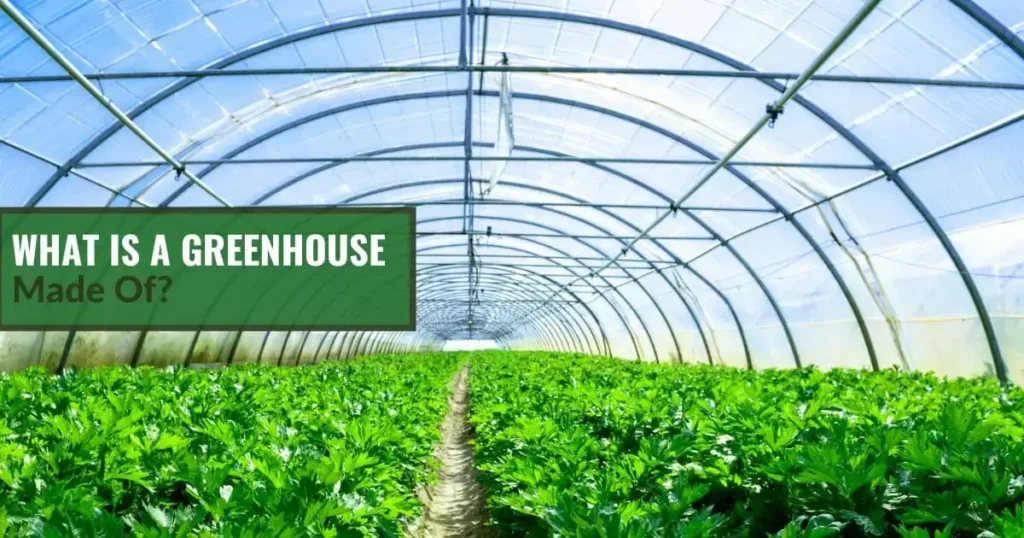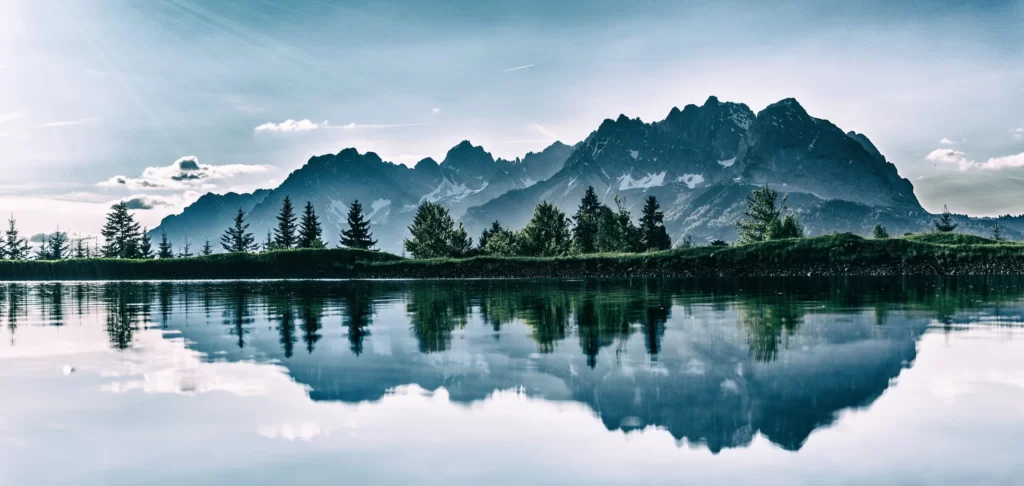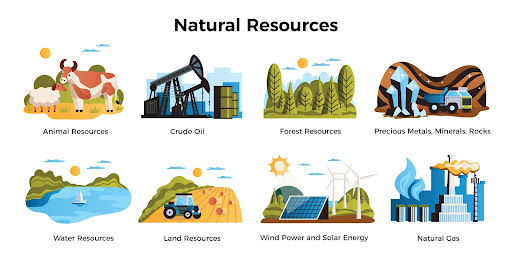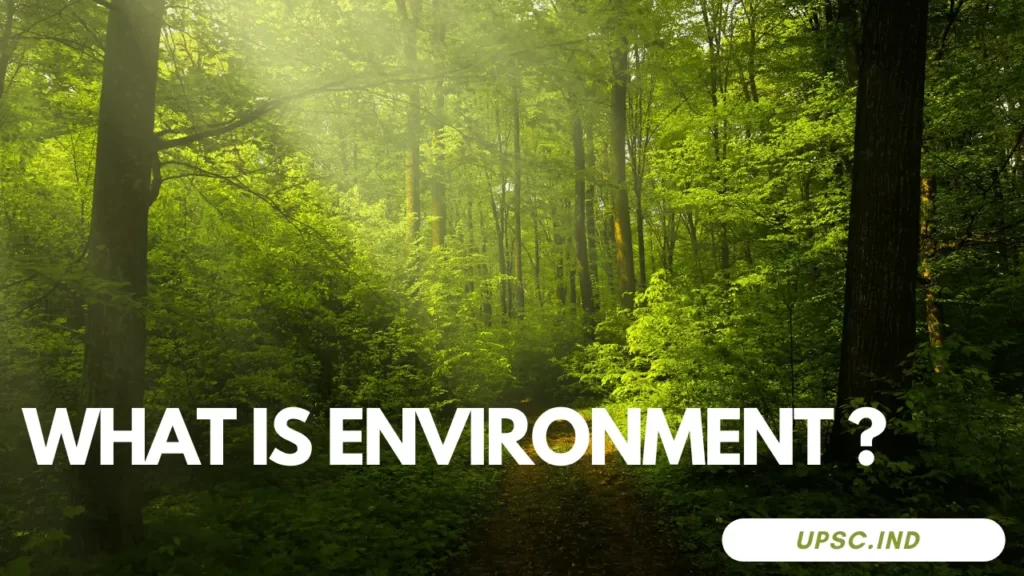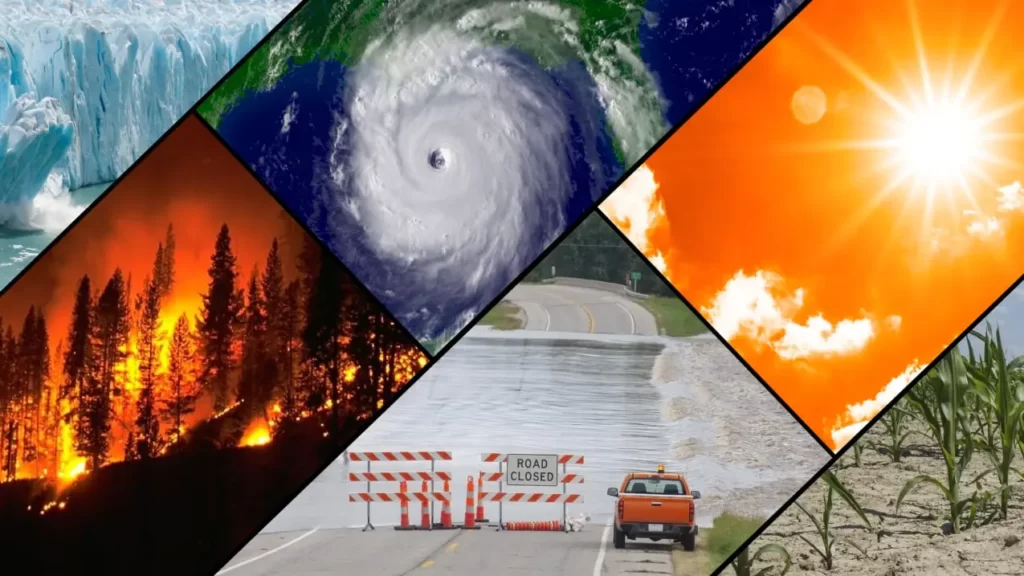
Global Warming: A Looming Crisis
Introduction
Global warming, a phenomenon driven by the excessive accumulation of greenhouse gases in the Earth’s atmosphere, has emerged as one of the most pressing challenges of our time. This article delves into the various aspects of global warming, exploring its causes, effects, and the measures being taken to mitigate its impact on the planet and humanity.
Understanding the Greenhouse Effect
To comprehend global warming, one must first understand the greenhouse effect. This natural process involves the retention of heat in the Earth’s atmosphere, allowing it to maintain a habitable temperature. Greenhouse gases, such as carbon dioxide (CO2), methane (CH4), and water vapor (H2O), trap heat from the sun, preventing it from escaping into space. However, human activities have disrupted this delicate balance.
The Human Impact
The Burning of Fossil Fuels
The primary driver of global warming is the combustion of fossil fuels, including coal, oil, and natural gas. When these fuels are burned for energy, they release large amounts of CO2 and other greenhouse gases into the atmosphere. This excessive release has significantly increased the concentration of these gases, intensifying the greenhouse effect.
Deforestation
Another significant human contribution to global warming is deforestation. The removal of forests reduces the planet’s capacity to absorb CO2, as trees play a vital role in sequestering carbon. The loss of these natural carbon sinks has further amplified the problem.
Industrial Processes and Agriculture
Industrial processes and agricultural activities also emit greenhouse gases. For instance, the production of cement and the use of synthetic fertilizers release substantial amounts of CO2 and methane into the atmosphere.
The Consequences of Global Warming
Rising Temperatures
One of the most noticeable consequences of global warming is the rise in global temperatures. This has led to more frequent and severe heatwaves, resulting in adverse effects on human health and the environment.
Melting Ice and Rising Sea Levels
The warming of the planet has accelerated the melting of polar ice caps and glaciers, contributing to the rising sea levels. This threatens coastal communities, ecosystems, and island nations.
Extreme Weather Events
Global warming is linked to an increase in the frequency and intensity of extreme weather events, including hurricanes, droughts, floods, and wildfires. These events have devastating impacts on communities, infrastructure, and agriculture.
Disruption of Ecosystems
Ecosystems are vulnerable to changes in temperature and weather patterns. Many species are struggling to adapt or facing extinction due to shifts in their natural habitats.
International Efforts to Combat Global Warming
The Paris Agreement
In 2015, world leaders came together in Paris to negotiate the Paris Agreement, a landmark international treaty aimed at limiting global warming to well below 2 degrees Celsius above pre-industrial levels. Countries pledged to reduce greenhouse gas emissions and enhance their resilience to climate change.
Renewable Energy
Transitioning to renewable energy sources, such as solar, wind, and hydropower, is a critical step in reducing greenhouse gas emissions. These technologies offer cleaner alternatives to fossil fuels.
Reforestation and Afforestation
Efforts to combat deforestation and promote reforestation and afforestation programs are crucial for restoring natural carbon sinks.
Individual Actions
Individuals can also contribute to the fight against global warming. Simple actions like reducing energy consumption, using public transportation, and supporting sustainable agriculture can make a significant difference.
Conclusion
Global warming is an urgent crisis that demands immediate attention. The consequences of inaction are dire, with potential catastrophic effects on our planet and future generations. However, through international cooperation, the adoption of cleaner technologies, and individual efforts, we can mitigate the impact of global warming and work towards a more sustainable and habitable world for all.
